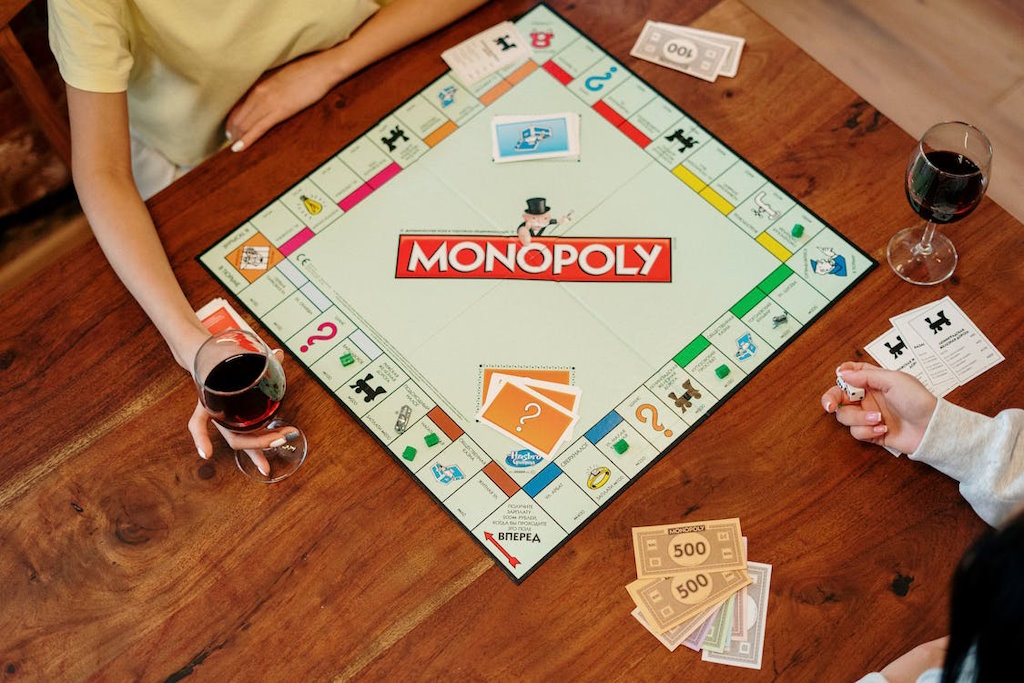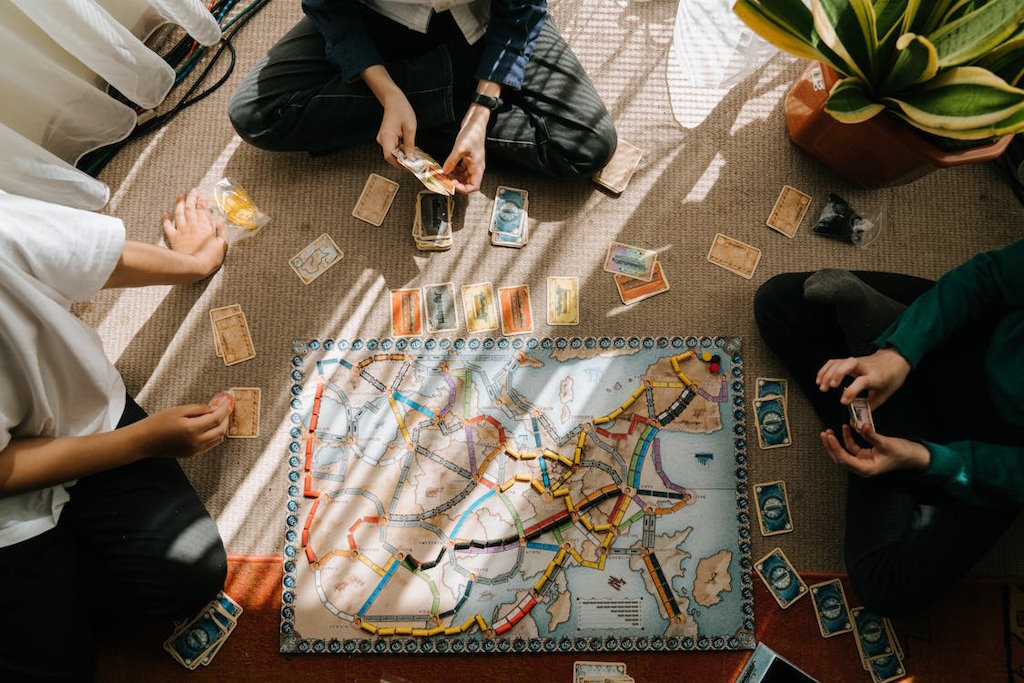Why Everyone Should Try Their Hand at Board Game Design
Board games have been an integral part of human culture for thousands of years. From ancient games like Senet in Egypt to modern classics like Catan and Ticket to Ride, board games have brought people together, fostered strategic thinking, and provided hours of entertainment. But while many of us have enjoyed playing these games, few consider the idea of designing one. Why? Because, to most, the art of board game design seems exclusive and reserved for a select few. However, I believe that everyone should try their hand at board game design, and here’s why.

1. Boosts Creativity
Designing a board game from scratch or even modifying an existing game can significantly boost your creative juices. Whether it’s about creating a compelling theme, devising game mechanics, or designing the game pieces, every step of the process requires a splash of creativity. Utilizing an online board game maker can further simplify this process and enhance your design capabilities.
When designing, you’re posed with questions like: What’s the objective of the game? What challenges will players face? How will they overcome them? Answering these questions pushes you to think outside the box, experiment with ideas, and come up with unique solutions.
2. Encourages Critical Thinking
A good board game strikes a balance between strategy, chance, and player interaction. Achieving this balance isn’t easy; it demands a lot of critical thinking.
For instance, if your game involves cards, you’ll have to think about probabilities. How likely is it for a player to draw a specific card? If your game requires strategy, you’ll need to ensure there are multiple ways to win and that no single strategy dominates others. This kind of analysis is excellent for honing your analytical and problem-solving skills.
3. Enhances Interpersonal Skills
Board games are, by their very nature, social. When you’re designing one, you’re constantly thinking about the player’s experience. How will they interact? How will the game foster communication, collaboration, or competition?
Testing the game becomes an interpersonal activity too. You’ll need to explain the rules, gather feedback, and observe how players interact. This entire process helps improve communication and empathy as you tune into the feelings and needs of the players.

4. Teaches Patience and Perseverance
Your first design might not be a hit. Maybe the rules are too complicated, or the gameplay isn’t engaging enough. That’s okay. Like any other skill, design requires practice and refinement.
This iterative process teaches patience and perseverance. It reminds us that failures are just stepping stones to success. Every piece of feedback, positive or negative, becomes a lesson that brings you one step closer to designing a game that people will love.
5. Platform for Personal Expression
Everyone has a story to tell or a concept they’re passionate about. Board games can be a unique medium to express those ideas. Whether it’s a game set in a universe you’ve imagined, one that revolves around a social issue you care about, or simply a reflection of a personal experience, design lets you share a piece of yourself with others.
6. Can Be Therapeutic
The act of creation, in any form, can be therapeutic. The process of designing a game—imagining scenarios, defining rules, and sketching game pieces—can be a wonderful way to distract from everyday stresses and immerse oneself in a world of imagination.
Moreover, seeing others enjoy and appreciate something you’ve created can be incredibly rewarding, boosting self-esteem and giving a sense of accomplishment.
7. Helps Understand Perspectives
When designing a board game, you must constantly step into the shoes of the players. How would a beginner approach the game? How would a seasoned player strategize? By constantly shifting perspectives, you learn to appreciate the diversity of thought and approach.

8. It’s Fun!
Last, but by no means least, designing board games is simply fun! It’s a joy to see an idea come to life, from a mere concept to a tangible game that others can enjoy. The journey is filled with moments of eureka, laughter, and learning.
9. Enhances Project Management Skills
One of the less obvious but equally important benefits of board game design is the lesson in project management. Designing a game is not just about conceptualizing rules or sketching out pieces. It encompasses a broad spectrum of tasks that mimic the stages of a project lifecycle.
- Conceptualization: This is the ideation phase. Here, you determine the theme of the game, its objectives, and its primary mechanics. Like any project, this forms the foundation on which everything else will be built.
- Planning: Once you have an idea, the next step is to detail it out. This involves drafting initial rules, deciding on the layout, and understanding the materials you’ll need. It’s akin to planning out the resources, timeline, and scope of a project.
- Design and Development: This phase involves creating prototypes of the game. You’d sketch, design, or even craft initial versions of the game board, cards, tokens, and other components. In project management terms, this is the execution phase.
- Testing: Before finalizing your game, you’ll play it multiple times. This iterative process is essential to find and rectify any flaws, much like quality assurance in a project. You gather feedback, understand the user experience, and make necessary revisions.
- Launch: Once satisfied with the game, you might share it with a larger audience. This could be as simple as introducing it to family and friends or as extensive as seeking a publisher or crowdfunding it for a wider release. This mirrors the deployment phase of a project.
- Post-Launch: Based on wider feedback, you might introduce new versions or expansions. In project terms, this is the maintenance or upgrade phase.
In essence, designing a board game can sharpen your organizational and managerial skills. You learn to handle multiple facets of a project, prioritize tasks, manage time efficiently, and drive an idea from inception to completion. For those who’ve never managed a project, this can be a fantastic, low-risk introduction. And for seasoned project managers, it’s a fun way to apply and hone their skills in a new context.
Conclusion
Board game design isn’t just for professional designers or those with a background in game theory. It’s a multidimensional activity that offers a plethora of benefits to everyone, irrespective of age or background.
So, the next time you’re sitting across the table, playing a board game with friends or family, think about the myriad possibilities. What game would you create? What stories would you tell?
Dive into the world of design and discover the joy and fulfillment it brings. Whether it’s just a personal project, a gift for someone special, or the next big hit in the gaming community, the experience of crafting a game from scratch is truly unparalleled.





